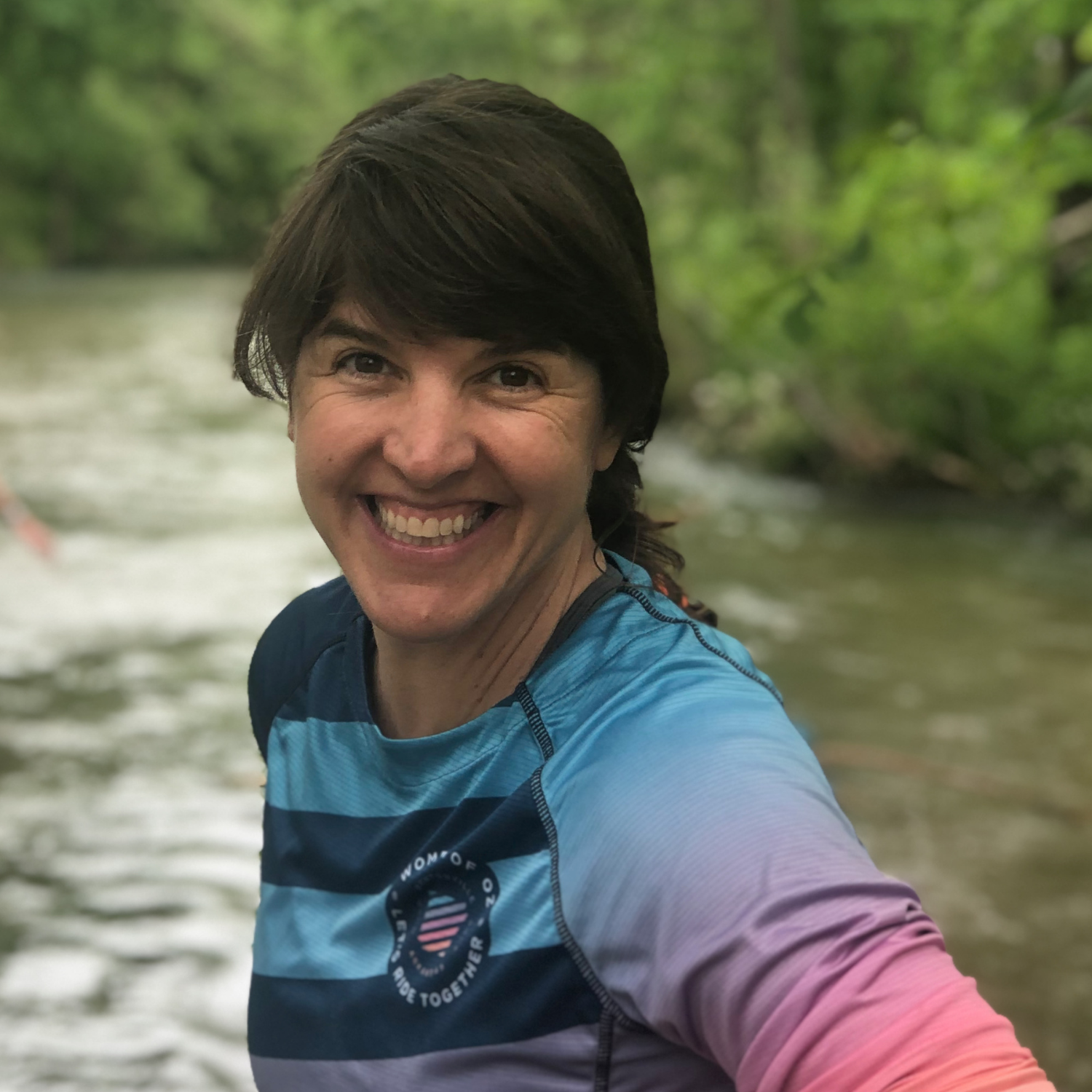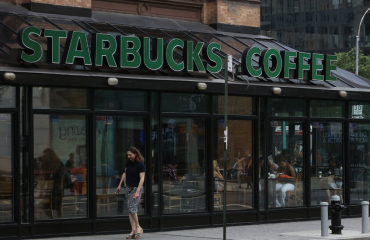State of Retail: What's your outlook for 2022? – Bicycle Retailer
A version of this feature ran in the February 2022 issue of BRAIN.
BOULDER, Colo. (BRAIN) — For our February magazine edition, we asked our State of Retail panel members: What’s your outlook for 2022, and what steps are you taking to position your business for it?
Demand has slowed compared to this time last year. However, I anticipate a solid early spring with events still happening and more scheduled. We have added a full-time person for repairs and builds. I am considering part-time help for the spring and summer. Demand for road bicycles in the $4,500-6,500 range is steady, and the triathlon market has awoken from its slumber. In the last two months of 2021, we saw improvements in supply and meeting delivery dates; however, supply-chain issues will constrain this year’s sales. As in 2021, we are eliminating purchasing through distributors where possible and placing larger orders directly with suppliers, hoping to achieve better fulfilments and margin retention. We are buying fewer SKUs and keeping more inventory on hand, no longer relying on distributors for just in time or fill-ins, and not adding vendors or new product lines. I’m thankful for many of the outside reps that help us.
We expect e-bike sales to continue to increase in 2022. Last year, we increased the size of our space so we could carry more inventory, which will be critical to meeting demand, while the supply chain continues to be disrupted and uncertain.
As the Pedego brand becomes more mature, the demands on our service department are greater so hiring and retaining good mechanics will be a top priority. Competition in the e-bike sector is becoming more fierce, so we’re looking into ways to drive more traffic to the shop and to do a better job at following up with those that do come in. 
I predict that 2022 will be a downfall of many local bike shops as the internet gets stronger and some shop owners remain resistant to joining forces. Our position is to have a niche in vintage and custom bikes. The used bike part of the industry will get stronger in 2022. We previously acquired several local bike shops on the East Coast that closed their doors and got all their inventory. So for now we are OK as far as supply-chain issues and managing supplies. As for hiring, every time I hire someone, I work three times harder as they don’t pay attention to details and safety. So, no extra hands, because I can work two times faster alone.
I am concerned that 2022 will bring some level of overstocks for both retailers and suppliers and that consumer demand is going to fall a good bit over the 2022 season. As the large backorders begin to become available, many dealers could end up with more inventory than they can move, and this might create a rash amount of discounting, which is never a good thing and can harm the industry as a whole. I am taking steps to better manage my backorders and future orders, and it will take some serious soul searching to get it correct since just-in-time supply simply does not exist any longer.
In 2020 and 2021, many customers were not able to get what they were looking for when they visited bike shops due to supply-chain issues, and now it’s very difficult to convince them to return to shops. I’m planning to get creative with marketing in order to train customers that we now have bikes, parts and such, please come give us another chance.
We are gauging consumer demand by looking at our sales data and the feedback customers are giving when they come in. Our outlook for 2022 is that the boom is over, but there is much opportunity to grow our business with new customers who just discovered cycling. We are continuing with our best business practices, which include: clear communication and follow up with customers, keeping inventory levels healthy and not overinflated, canceling unnecessary backorders, reviewing sales history to stock the correct products for the floor, and setting realistic levels for reorders. Additionally, we always focus on outside marketing to keep customers coming back to our stores, using CRMs, segmented marketing, and challenge rides. Lastly, we always make sure our store looks fresh, changing displays to make “call out” products front and center and to let our customers see there are always new products and technology to improve their riding experience. 2022 will have my open-to-buy severely restricted. I plan to return to more disciplined purchasing decisions and to draw down inventory levels. 2020-2021 had me buying stuff in larger quantities because I knew I wouldn’t see it for 18 months. I hope to generate enough long-term sustainable business in 2022 to keep one mechanic part-time through the winter, and maintain more hours for them in spring and summer. Investing in good mechanics is necessary; that will be dependent on maintaining margins, reducing costs, and minding cash flow. I expect that the supply chain will improve for some categories, but that products will cost more due to increased shipping costs. In 2021, I instituted inbound shipping and dealer assembly fees on all new bikes. I see no reason to change that for 2022. Used bikes are recession proof and inflation proof. I expect those to remain strong and profitable at my shop.
2022 will have my open-to-buy severely restricted. I plan to return to more disciplined purchasing decisions and to draw down inventory levels. 2020-2021 had me buying stuff in larger quantities because I knew I wouldn’t see it for 18 months. I hope to generate enough long-term sustainable business in 2022 to keep one mechanic part-time through the winter, and maintain more hours for them in spring and summer. Investing in good mechanics is necessary; that will be dependent on maintaining margins, reducing costs, and minding cash flow. I expect that the supply chain will improve for some categories, but that products will cost more due to increased shipping costs. In 2021, I instituted inbound shipping and dealer assembly fees on all new bikes. I see no reason to change that for 2022. Used bikes are recession proof and inflation proof. I expect those to remain strong and profitable at my shop.
Things remain a bit chaotic in the current phase of this pandemic and based on info from our reps and vendors, it seems like we are going to be on the supply-chain struggle bus just a bit longer. What is backordered won’t be delivered until September, if we’re lucky, so we’re positioning ourselves to focus more on experiences, events, and programs for kids and families. We cannot control the supply chain, but we can create shared family experiences and programs that help continue connecting kids and families to the outdoors through the bicycle. We will focus on what we have abundance of and not get too hung up on scarcity, trusting the strong correlation between putting on programs and increasing retail sales. Our 2022 programs and event calendar are very robust, and most of our hiring is dedicated to bringing in great coaches that are the backbone of our programs and camps. We just opened a small second retail location, but we will sit tight before we add more sales folks to the team.
I predict that a lot of the industry’s supply-chain problems will continue in 2022. It is still challenging to find what I need from my distributors, but I’ve managed the supply-chain issue by putting a higher volume of parts on backorder and being more selective on what I recommend for bikes. I look at safety first, and I’m upfront with customers when I’m out of what they need. I also work with our local competitor and exchange parts as needed. During 2020 and 2021, we worked with a total of four staff members and will continue to maintain the same hours as long as it works for us. We started carrying more upper-end used bikes during COVID, when it became difficult to order new bikes, and it seems to be a profitable decision. Rather than be defined by the specific brands that we stock, we’ll continue to sell on the strength of the Moore’s Bicycle Shop brand.
In 2022, we anticipate tight availability and customers that want a discount. Navigating this will require persistence and tenacity. We expect a contraction in consumer spending, based on listening to customers and evaluating our data. 2022 will probably be a flat year, so we will get lean, become efficient, and streamline processes. It’s hard work, but you’ve got to protect that bottom line. To counter the drop in spending, we are creating added value with extended service packages and club benefits. We make a point to train our staff to emphasize the value these add to a customer’s purchase. It’s got to be more than lip service; consumers are savvy. We plan to rise to the occasion and give customers a reason to shop with us.
Download the 2019 Industry Directory
Read the 2021 Sales Training Guide![]()
5720 Flatiron Parkway
Boulder, CO 80504
This website copyright © 2022.
All rights reserved



